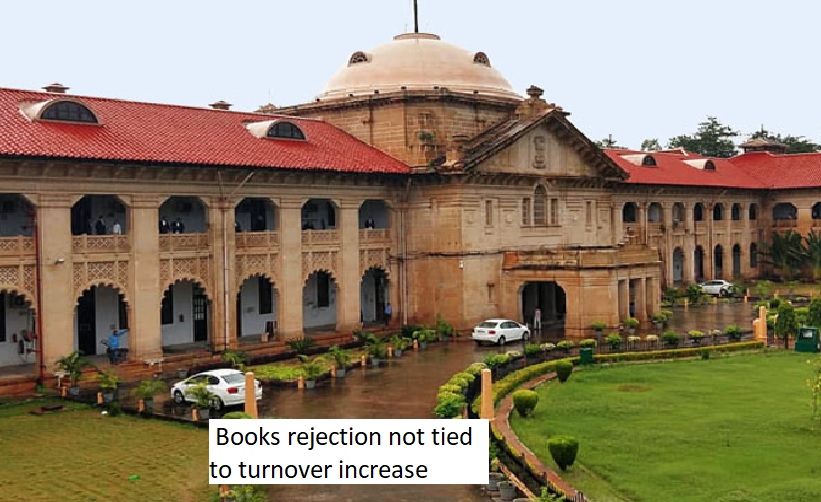


The Allahabad High Court recently delivered a significant judgment underscoring the principle that the rejection of account books should not automatically result in the augmentation of turnover. The ruling, grounded in the need for tangible evidence indicating the suppression of turnover by the assessee to imply tax evasion, highlights a nuanced approach to assessing financial records.
In the case before the court, Justice Piyush Agrawal, drawing on various precedents from the Allahabad High Court, emphasized that the mere rejection of account books does not provide sufficient grounds for enhancing the turnover. The key criterion, according to the court, is the presence of material demonstrating the deliberate suppression of turnover by the assessee as an indication of potential tax evasion.
The court scrutinized the findings of the case, asserting that once facts have been established in favor of the petitioner, there is no justifiable reason for increasing the turnover. The tribunal, in this instance, had confirmed the enhancement of turnover, citing the discovery of loose papers during a survey. However, the court contended that the mere existence of such papers did not substantiate the enhancement, as they were adequately explained by the revisionist.
The revisionist, registered under the UP VAT Act and primarily engaged in the trading of ready-made garments, had initiated operations in the Assessment Year 2014-15. During a survey at the business premises, which happened to be closed for business but undergoing carpentry work, documents pertaining to a previous assessment year were unearthed. Notably, these documents were traced back to the former tenant.
The counsel for the revisionist argued that the discovered invoices and documents were relevant to a period preceding the commencement of the revisionist's business and were unrelated to the trade of ready-made garments. The contention was that the revisionist was solely involved in the trading, not the manufacturing or stitching, of garments. Moreover, the counsel highlighted that the appellate authorities had already partially set aside the enhanced turnover determined by the assessing authority.
The crux of the revisionist's argument rested on the assertion that the rejection of account books should not automatically lead to the conclusion that the assessee was involved in fraudulent transactions. This stance was supported by the legal position that the rejection of account books, while possibly warranted, does not necessarily entail a corresponding increase in turnover.
The Department's counsel, on the other hand, defended the enhancement, pointing to loose papers discovered during the survey as the basis for the decision. However, the court, in its scrutiny, observed that the tribunal had explicitly stated that neither the assessment authority nor the First Appellate Authority had provided a substantive rationale for calculating the alleged escaped turnover.
The court reiterated the principle that the Tribunal serves as the final arbiter of facts. Emphasizing the tribunal's finding that there was no substantial basis for enhancing the turnover, the court underscored that while the rejection of account books may be justified, an automatic escalation of turnover lacks a necessary foundation.
In support of this position, the court referenced the case of M/s Delight Engineering Company Vs. CST, where the Allahabad High Court had ruled that rejecting account books does not mandate a subsequent increase in turnover. This precedent reinforced the idea that the rejection of account books and the augmentation of turnover are distinct decisions, each requiring its own justifications.
In conclusion, the Allahabad High Court's ruling in this case establishes a crucial precedent by affirming that the rejection of account books does not ipso facto necessitate an enhancement of turnover. The decision reiterates the importance of a reasoned and substantiated approach, particularly when dealing with the complex interplay between rejected account books and the determination of turnover in taxation matters.
TAGS: Tax Evasion Justice Piyush Agrawal Tribunal Findings Loose Papers Assessment Year Ready-Made Garments Revisionist UP VAT Act